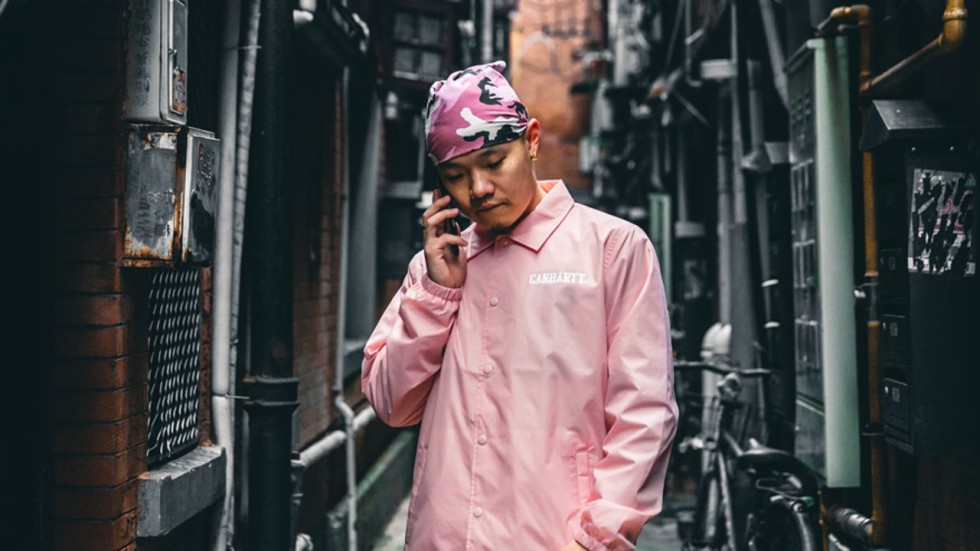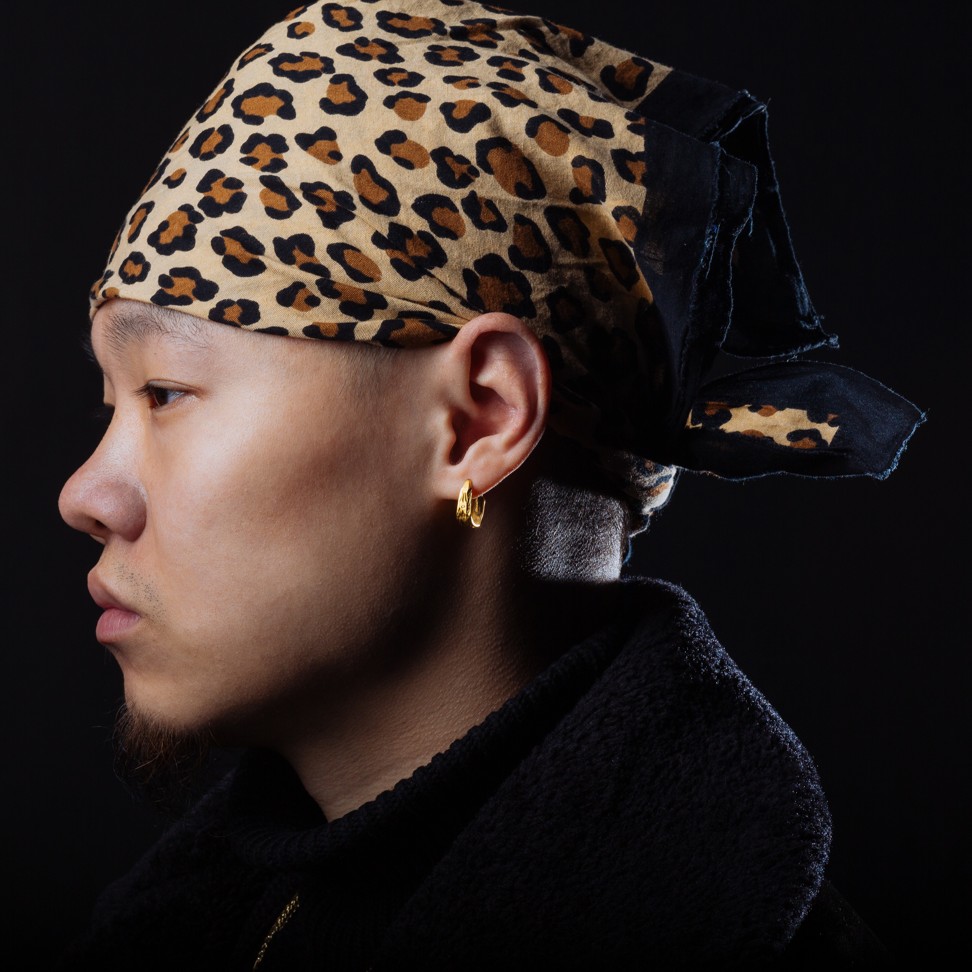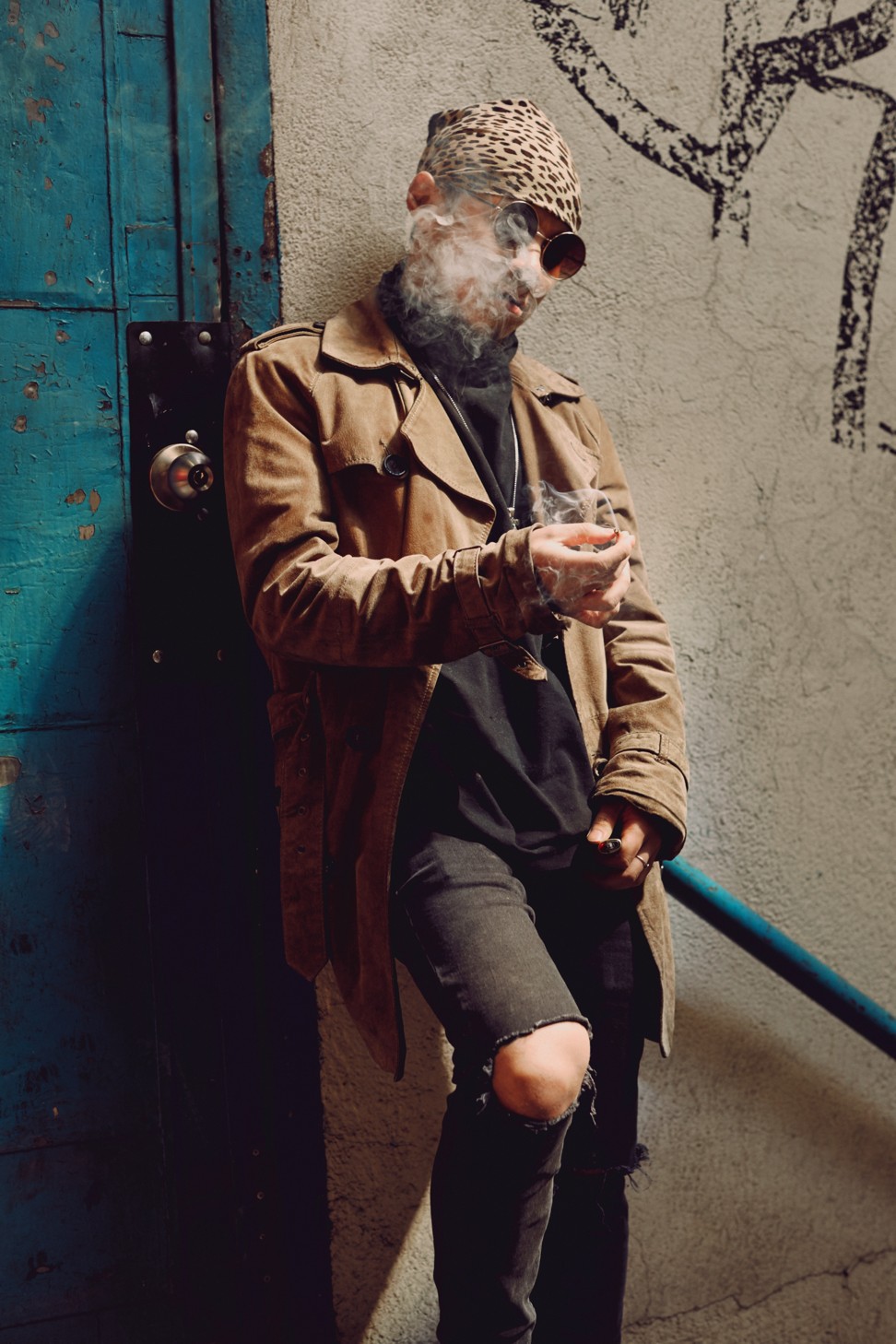
During one notable performance in the US, Bohan Phoenix raps over a simple drum beat when he suddenly switches from English to Mandarin. Surprised looks spread across the faces in the crowd as the rapper, wearing a knowing smile, delivers his lines with a downward drawl, hyping up the crowd.
Scenes such as this were common during his live shows in the US, but the 26-year-old Chinese-American rapper named Bohan Leung does not only perform in the States. Last year, he grew tired of travelling between the US and China for gigs and recording sessions, and decided to relocate from Brooklyn to Chengdu, in Sichuan province, where his extended family lives.
The move was well timed. Hip hop exploded in popularity across China last year due to the runaway success of the reality TV show The Rap of China – an American Idol-like show which pitted aspiring rappers against each other.
With hip hop now suddenly popular across China, Leung saw his booking requests surge – and he didn’t even appear on the show. “It gave me a lot more opportunities to perform. It created so much demand for hip hop in China. It made me a lot of money. It helped me settle back into China, at least financially.”

The producers of The Rap of China invited Bohan to appear on seasons one and two of the show, but Leung turned them down. “That’s not how I want to have a dialogue with the rest of the world. If you go on the show, you’re edited in all kinds of ways. This is my life – I’m not going to hand it over to these guys,” he says.
Hip hop in China bounces back as new show gives next-gen rappers mainstream appeal, despite censorship
Before The Rap of China, Chinese audiences had little knowledge of the history and culture of hip hop. The show effectively changed that, but it focused on a very specific style of hip hop – mostly the trap genre – and featured the same streetwear brands.
This means that not all of the recent converts to hip hop in China have been receptive to Leung’s music, which is more traditional, independent hip hop.

He has come under fire from fans of the show for everything from his spoken Chinese to his ubiquitous bandana, but Leung says the criticism doesn’t bother him. He believes idol culture is so strong in Asia that the music itself is often overlooked, and these new hip-hop fans can’t be that into the music anyway.
“The difference between what The Rap of China rappers do and what I do is [huge]. I get told by people that I’m making the dope s***. My fans are glad The Rap of China people are not on my songs.”

Leung was born in Hubei province and raised by his grandparents while his mother worked in the southern city of Shenzhen to provide for the family. He says he was a mischievous child and sometimes stole money from his grandparents to play computer games at internet cafes.
When he was 11, Leung and his mother moved to Newton, Massachusetts in the US, a culturally diverse city where he was first exposed to hip hop. His first attempts at writing songs mainly involved copying rapper Eminem, he says. “When I was first rapping, I wanted to impress people with how well I could rap – talking about how nasty I am, how dope I am,” he says.
He started to search for his own sound and eventually found it by marrying Mandarin and English, and Eastern instruments with Western hip-hop beats. In 2015, with his new-found confidence, Leung undertook a China tour with Beijing bass music label Do Hits, and recorded with local rappers in the cities he visited.
Leung’s friendship with label founder Howie Lee has been crucial in his search for his own identity. A voice message sent by the producer in particular had quite an impact on the rapper: “I think you should just forget about trap and stop doing trash singing. Work on music and get back to your roots.”
The message, included in the track F*** Trap from the new seven-track Overseas EP, initially made Leung feel insecure, as it came from someone he respected both musically and personally.
“I had to really analyse what it was he didn’t like about trap, and I realised the sound had become very monotonous. It’s been overrun by the same subject matter.”
The Overseas EP contains both personal reflections and energetic party tracks, and the theme hinted at in the title is brought up again and again as Leung reflects on his life in both the US and China.
Seven Chinese hip-hop acts who’ve leapt the Great Firewall to make China look cool
In China, Leung still encounters a lot hip hop that he sees as imitations of sounds from the West, but he’s also finding more original music. When some of his original musical ideas fail to resonate, Leung tries to engage in a dialogue with musicians and producers to find out why.
“I’m trying to push [for] better music – or what I really feel is good music.”







